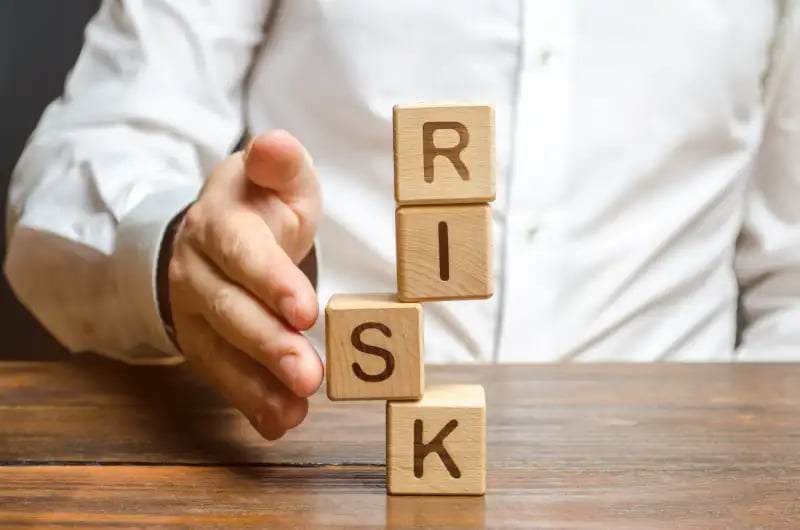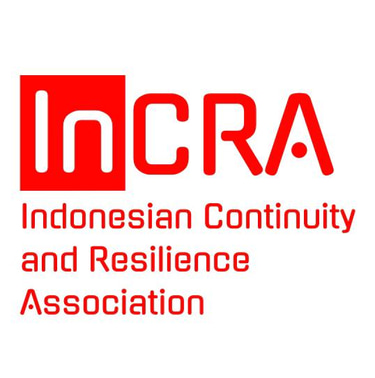Who Needs BCMS?
Manon Djati & Yuliasman
7/15/20233 min read


A number of school-age children gathered at the Citizens Post, flipping through textbooks and fiddling with their cellphones. This is a view that can often be found on a number of city corners in the early days of PPKM (Implementation of Restrictions on Community Activities) at the start of the COVID-19 pandemic. They don't have enough internet quota to attend online school, so they choose to gather at the Citizens Post because there is free internet available via Wi-Fi. Even though there was internet credit assistance from the Government, because there were sometimes problems with the arrival of the internet package, the option of using a free hotspot was the most reasonable choice.
The situation above occurs in urban areas or in areas relatively close to cities. Even though 60% of Indonesia's population is in rural areas. You can't imagine how schoolchildren struggle to access online learning because most of them don't have access to gadgets that can access the internet. Moreover, smartphones are still considered a luxury item for some people, so they are not a priority to buy even though they are needed for children's learning. Finally, in some rural areas, there are not always adequate learning activities. The challenges faced by rural residents are compounded by the lack of internet access facilities in their area.
On the other hand, industry players must have experienced a shortage of raw goods because the process of shipping goods between countries was disrupted due to the reduced number of cargoes sailing due to restrictions on transportation activities. As a result, market laws also apply; limited supplies must be purchased at a higher price, or operations must be stopped due to a limited supply of raw materials. This is a choice that is not easy.
Looking at the two situations above, have you got an idea who actually needs Business Continuity Management Systems (BCMS)? The answer, of course, is anyone who has a goal and has something to achieve. For education providers, they have the goal of educating children to have certain competencies after participating in the learning process. For business actors, they have the goal of generating profit for the owners of capital and being able to finance their operations.
So, is there any organization in the world that doesn't have a goal? Business organizations have the goal of generating profit, while public service organizations and governments have the goal of providing maximum public services.
BCM is structured to ensure that organizational goals can be achieved, or at least not harm the organization, in situations where the organization is disrupted by any cause, be it natural disasters, man-made disasters, or disasters due to system failures. If this is implemented by all business entities, it is certain that a country's economic shock that occurs as a result of a national-scale disaster will not occur or will be recovered more quickly. In the case of education providers, a plan (business continuity plan, BCP) must have been developed to deal with disruptive situations prior to the disaster, which of course takes into account the potential risks faced by the process of delivering learning in a disaster situation. It is not enough just to provide online learning methods; other learning methods must also be considered for students in rural areas who are unable to take part in online learning. For industrial players, of course, they have to build a BCP to overcome disruptions in the supply chain by preparing a supply chain recovery plan, preparing reserve suppliers or even reserve raw materials, and so on. Of course, each organization must design its own recovery strategy in accordance with its objectives and characteristics.
Then, how about the Government? As a public service organization, of course, it must ensure that public services can be delivered in any disturbance situation. In addition, the Government has an important role in the successful implementation of BCMS by encouraging the business world to implement BCMS so that economic resilience can be formed. The government certainly plays an important role in overcoming the big problems presented by disasters, as it has become its responsibility in disaster situations. Finally, the Government is no exception; any organization that has goals needs BCMS; it's up to them to realize it or not.
Manon Djati, Ir, MM (Risk), AMBCI
Co-Founder of InCRA
apt. Yuliasman, S.Farm, GRCP, QRMP, BCMCP, CGP, CCP, FRAC, AAAK.
Co-Founder of InCRA
